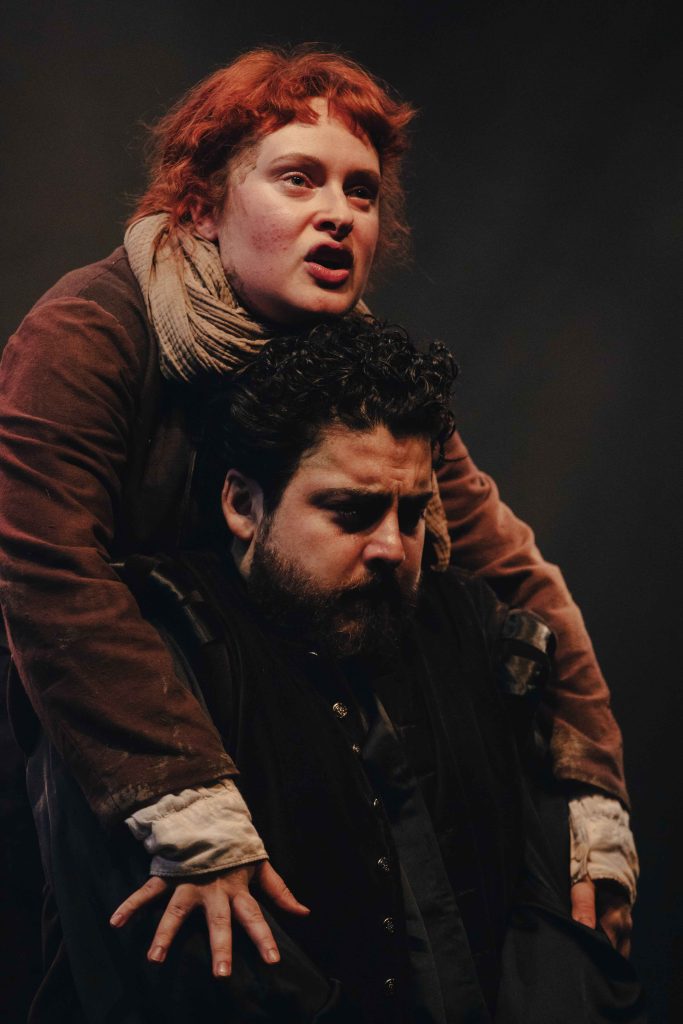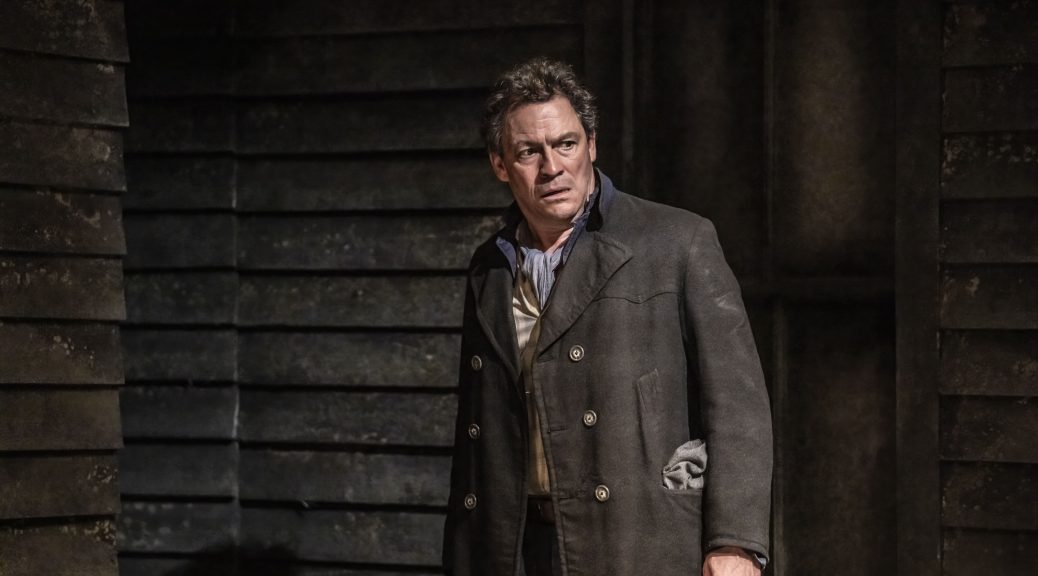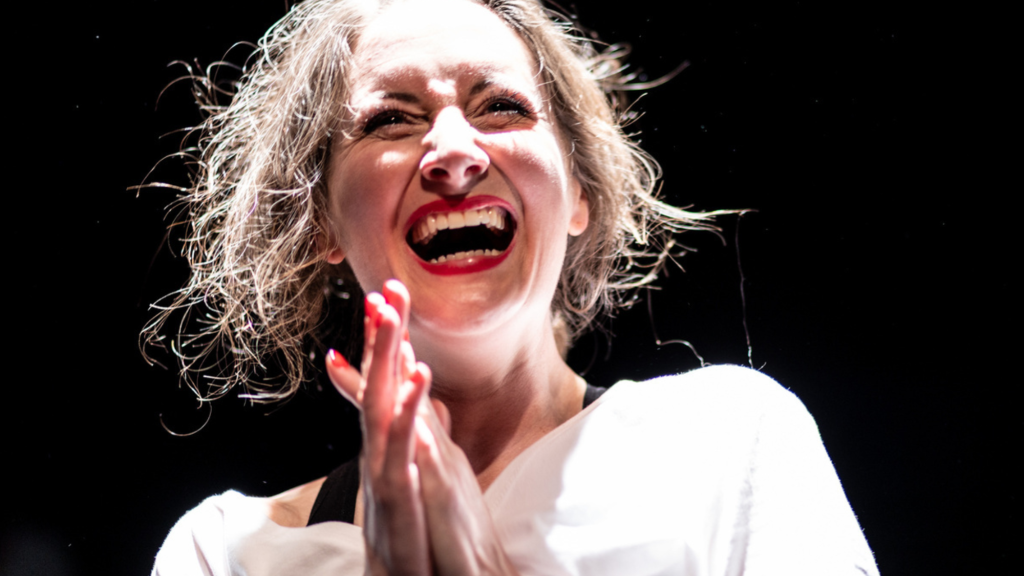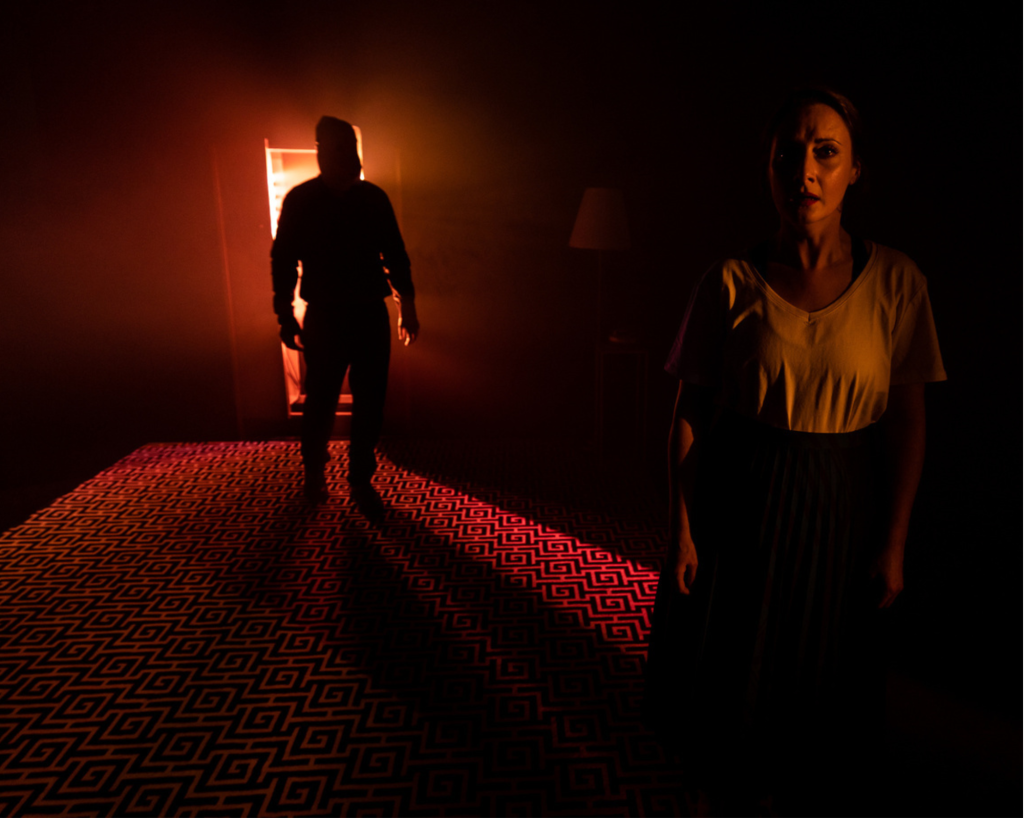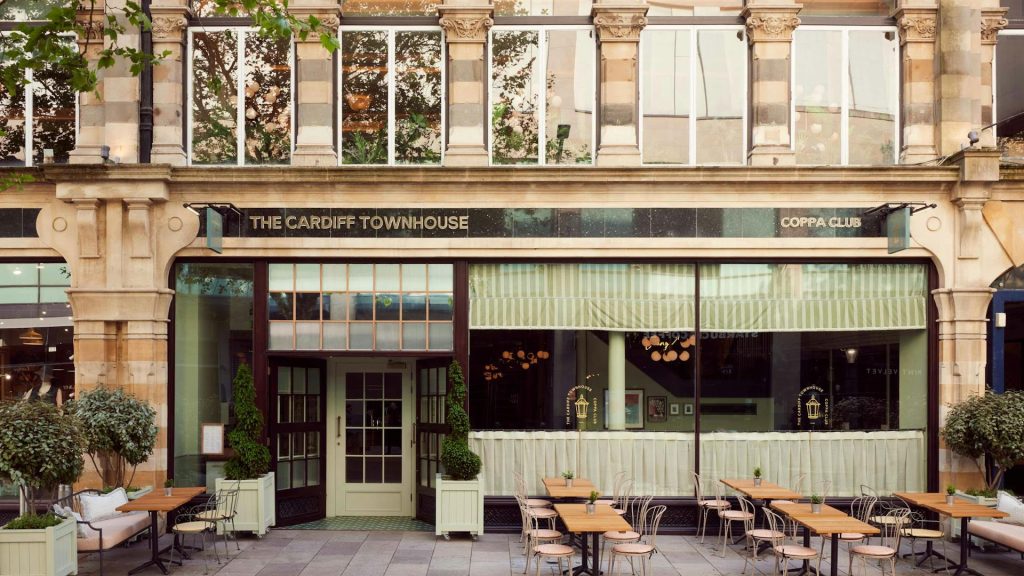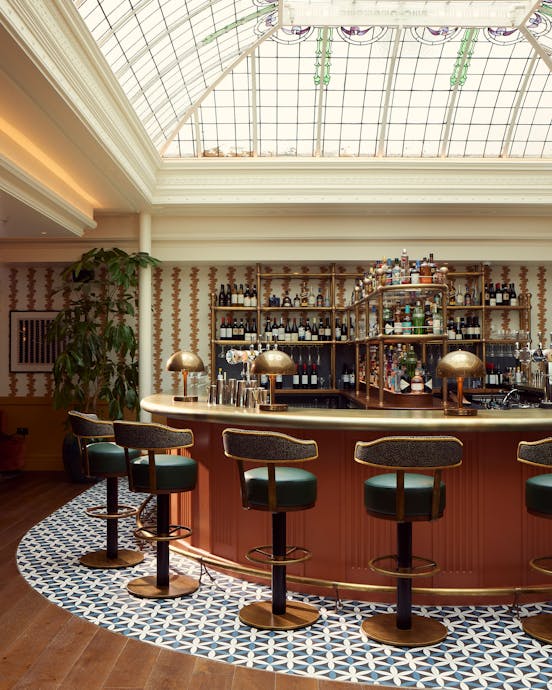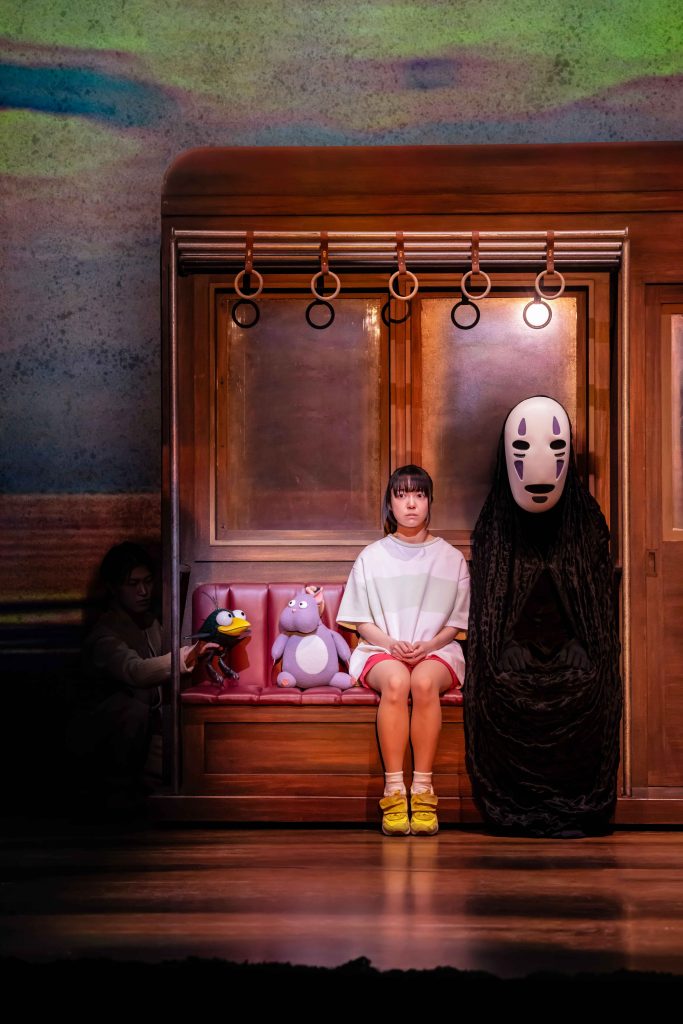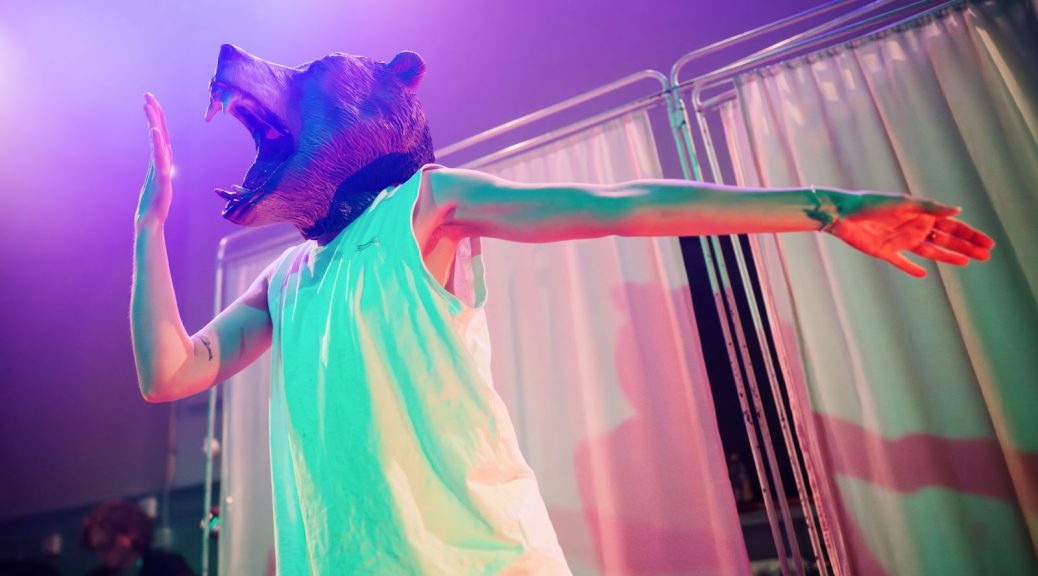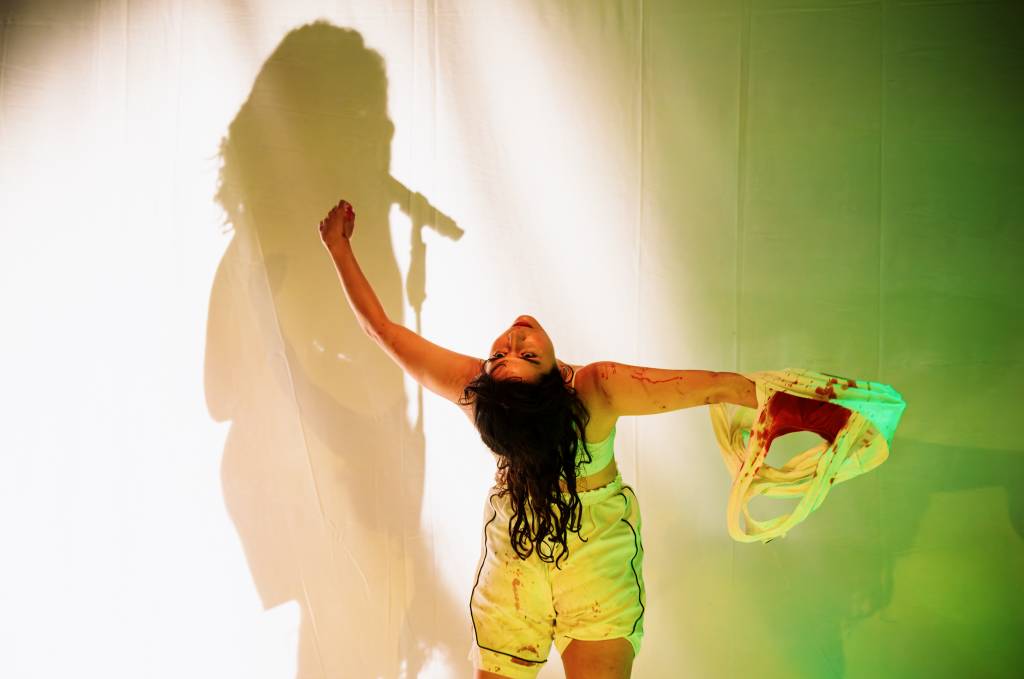 (3 / 5)
(3 / 5)
A tale as old as time… well… not quite in the Beauty and the Beast sense, but in a much more relatable, modern way.
Shotgunned is a rom-com meets coming of age story, where love is strong and intense, throwing in life changing events and eventually leading to the sense of “the one that got away”. It is equally heartbreaking and humourous, and follows the lost love story-lines we see more and more of; from 500 Days of Summer, One Day and David Nicholls’ other lost love book, Sweet Sorrow… this is a love story but not with its usual happy ending.
Ros and Dylan, intertwined already by their exes, meet at a party and in time fall in love, get pregnant, lose the baby and lose one another. With the use of blackouts, we jump forward and back in time, to see the happy times and then the breakdowns, mixing the timeline to keep us guessing. This is theatre and so keeping this non-linear is a good theatrical technique. However, the blackouts felt a little amateur and lost a bit of the theatricality for me. Maybe a song and light interlude or a clever exchange of props to slide into the next scene would give this some edge.
The performers have their A game on – like any fringe show, there are interruptions from late patrons and this doesn’t disturb them. Their connection feels natural and so the hard bits feel so much harder and the nice bits feel all the bit more light. You can’t help but get into their love. But there were times where I couldn’t quite gel with them as a couple and therefore [spoiler!] when they break up and never end up together, it isn’t as gut wrenching as it is meant to be. But you’re happy for them either way. It isn’t the acting nor is it the acting… but there’s something about these characters that just doesn’t hold you as a couple.
The writing is fantastic and helps with the bouncing of the characters, using moments of calling back to make you chuckle or gasp in recognition of a former conversation or comment. These are also used to go from positive to negative and visa versa, adding layers to the intimacy of these two characters.
Shotgunned is a lovely show. I really enjoyed it, with it feeling equal parts light and blue. Once further developed, this could be something that could really resonate with audiences.
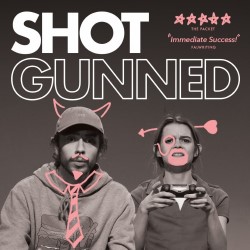

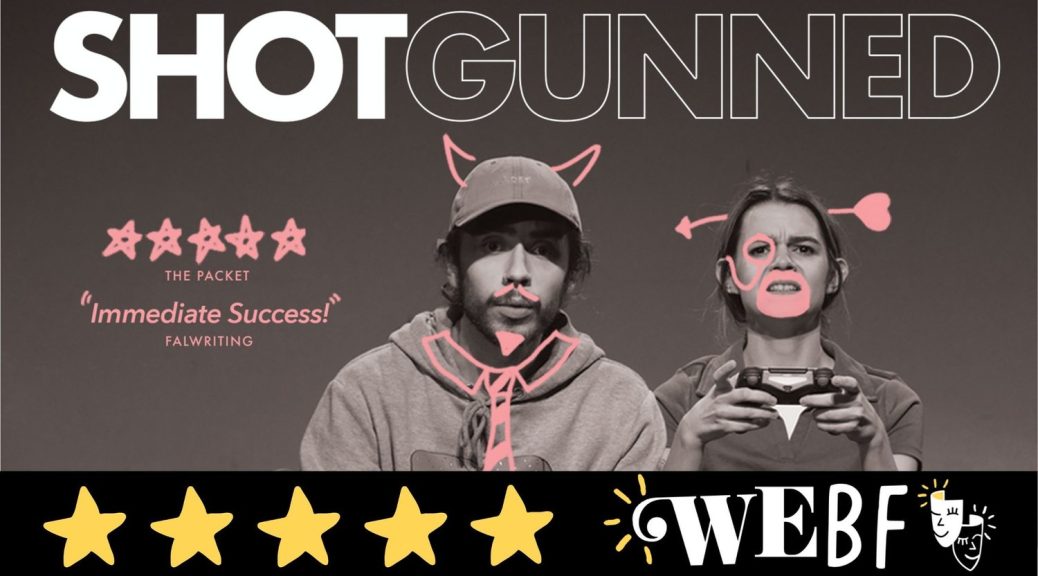


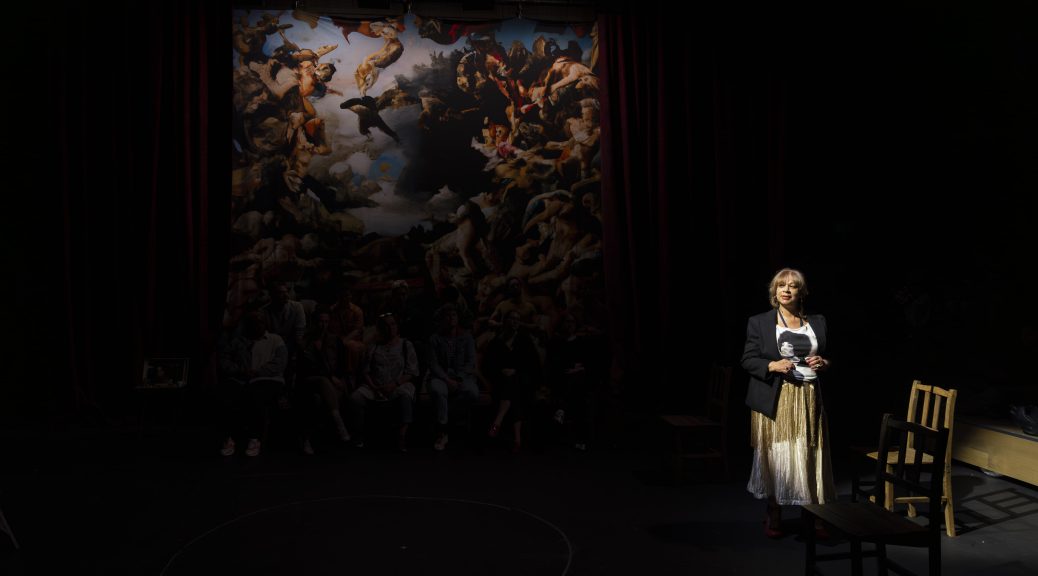
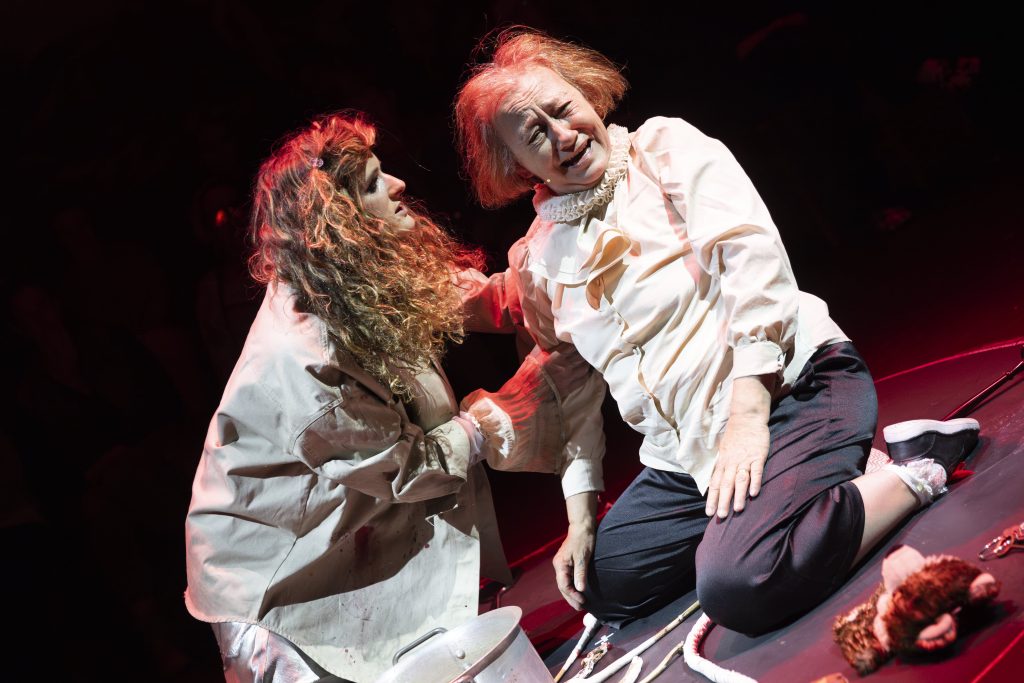
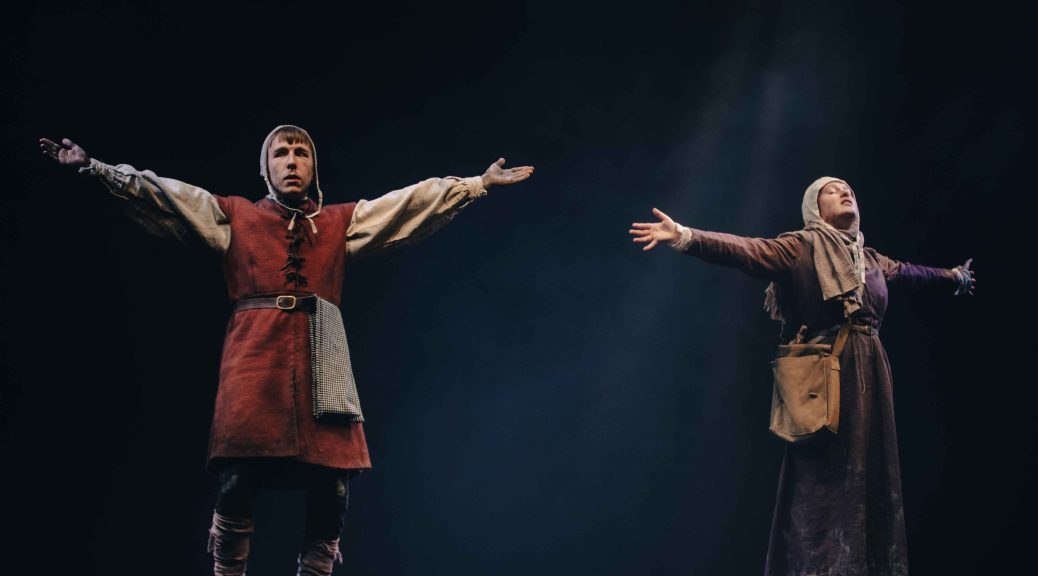
 (4 / 5)
(4 / 5)